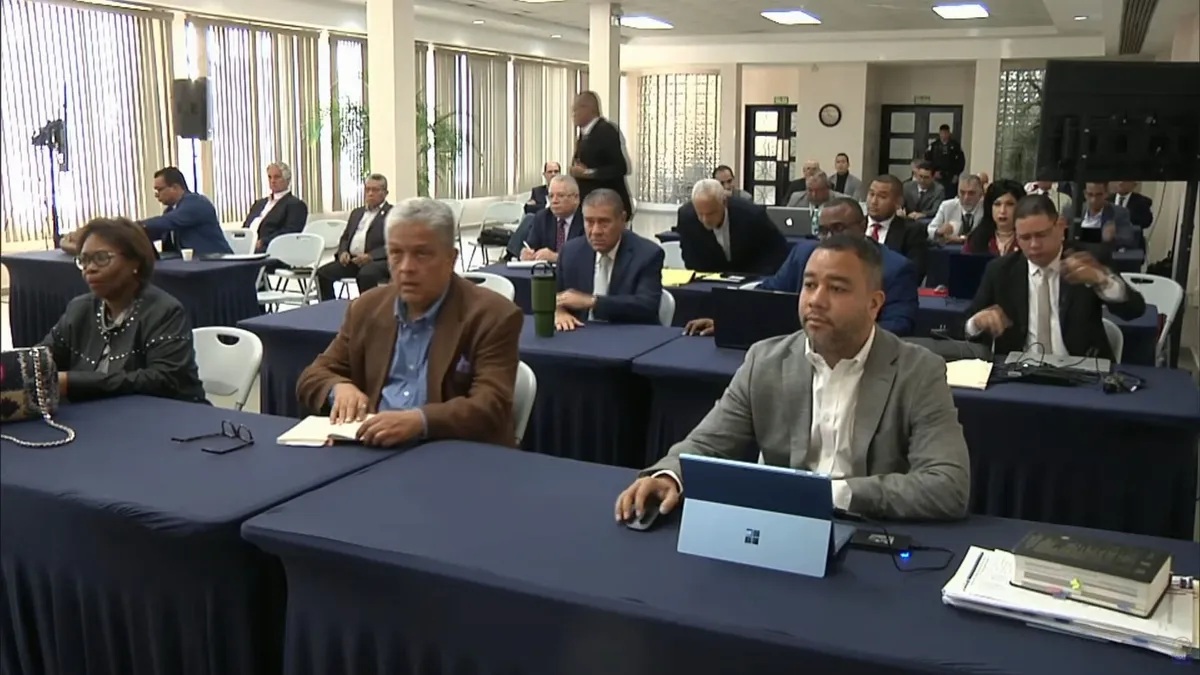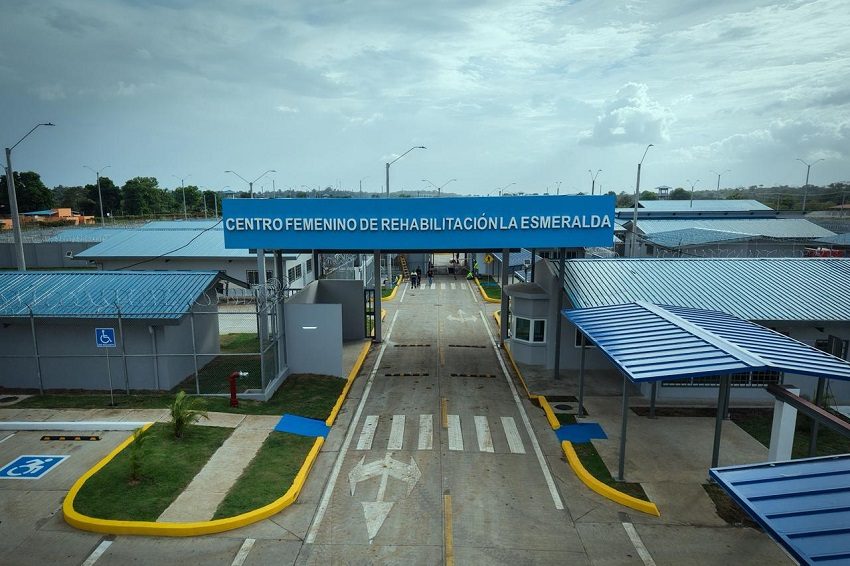Protected mangroves decisions orchestrated – environmentalists

A court decision leaving mangroves unprotected, and the slashing of permit costs and fines were orchestrated, in the opinion of environmental organizations.
The conclusion was reached after the Aquatic Resources Authority of Panama (ARAP) lowered the cost of mangrove logging permits to make way for commercial projects. The price dropped from $150,000 a hectare to $10,000 a hectare.
Arap also reduced the fines and penalties for illegal cutting of mangrove from $300,000 to $40 000.
According to Arap, it took thd action because the current rate only helps investors who belong to large economic groups, limiting the participation of potential traders with fewer resources and native communities where there are mangroves .
In the case of big fines, some people could not pay, and it was decided to reform the figure.
But the economic changes came from the Executive were joined by two controversial rulings issued by the Supreme Court, in just over a month.
The Third Division of the Administrative Supreme Court temporarily suspended the resolutions declaring the wetland areas of ??Panama Bay and Donoso in the Province of Colon protected.
Both rulings were issued on April 27, 2012, and received the endorsement of judges Alejandro Moncada Luna and Efren Tello, and alternate Luis Ramon Fabrega In both cases, judge Víctor Benavides saved his vote.
The Panama Bay wetland includes terrestrial, fluvial, and marine areas from Costa del Este in Panama City, to the estuary in Chiman. The Donosco site gives sanctuary to over 650 species of animals.
Both protected areas have thousands of hectares covered with mangroves, so for environmentalists it is suspicious that after the suspension of the protection of the sites, came the decision to reduce the amounts for commercial exploitation of the mangrove areas.
The Panama Audubon Society, Environmental Advocacy Center of Panama (CIAM), MarViva, the National Authority for Nature Conservation (Ancon), among other groups, held a press conference on Thursday May 31 to voice their opposition to the actions of the Supreme Court and the Executive.
Rosabel Miró, director of the Audubon Society, said that large floods have occurred in communities east of the city.For example, 2004 in Park Heights, which killed 16 people. "This problem will worsen if we do not protect the mangroves in the Bay of Panama," she said.
Felix Wing, director of CIAM, believes there are business groups that are influencing the government to committing the offenses against the natural resources of Panama. "It's sad to see the authorities do not hide when they want to respond to certain interests," he said.
The press conference was also attended by residents of the communities surrounding the Bay of Panama wetlands, including Juan Diaz. They consider says La Prensa that the decisions are a well-aimed blow to the benefits provided by mangroves and called on the Supreme Court to reinstate protected areas.
"What happens as a result of rains in Juan Diaz, the Tocumen International Airport and other areas near the wetland, will be an unnatural disaster for this government " said activists and the inhabitants of the communities.
Records of Sinaproc, the national rescue civil response agency show that between 1990 and 2010 Juan Diaz was the area in the province of Panama with the highest level of flooding problems.





